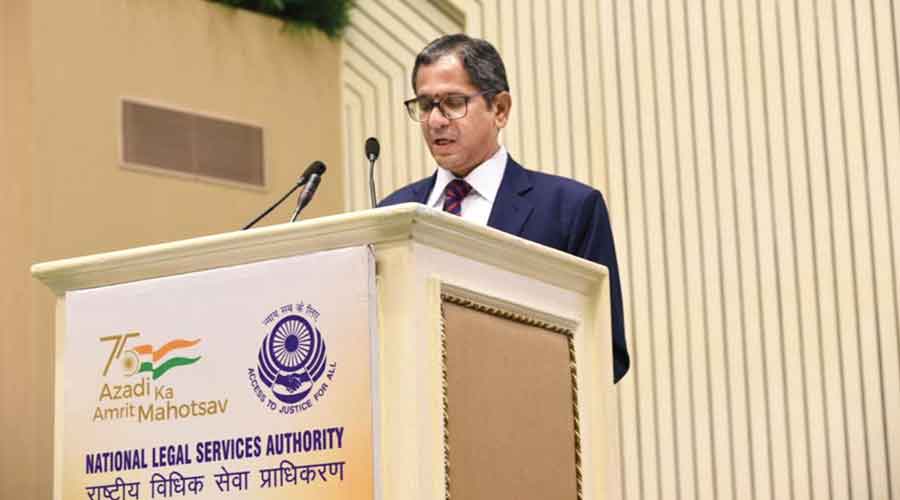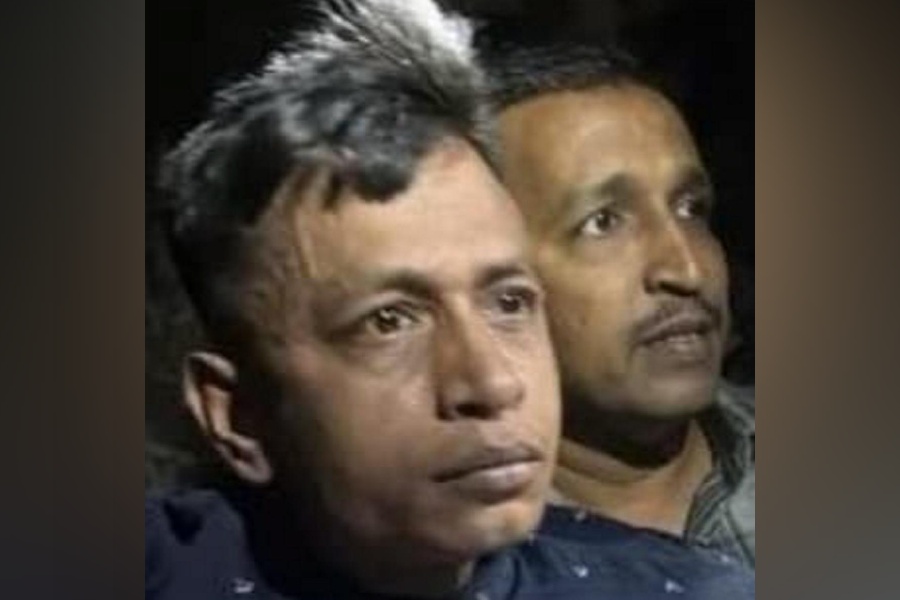Chief Justice of India N.V. Ramana on Sunday said the judiciary can live up to people’s expectations only by upholding the Constitution and ensuring free legal aid, and recalled Jawaharlal Nehru’s remark that there can be no real freedom without economic freedom.
Speaking on the birth anniversary of the former Prime Minister, Justice Ramana said the constitutional courts’ ability to function with absolute independence and boldness in the face of adversity was what primarily defined the judiciary as an institution.
“Our ability to uphold the Constitution sustains our impeccable character. There is no other way to live up to the faith of our people,” he told the valedictory ceremony of a Pan India Legal Awareness and Outreach Campaign at Vigyan Bhavan.
Justice Ramana regretted that independent India had inherited a deeply unequal society from its colonial past.
“Considering the same, Pandit Nehru had once said, ‘there could be no real freedom without economic freedom’ and that ‘to call a starving man free is but to mock him’. The stark divide between the haves and have-nots is still a reality. No matter how many cherished declarations we successfully arrive at, in the face of poverty, inequity and deprivations, it will all seem pointless,” the Chief Justice said.
“Despite our being a part of a welfare state, the benefits are not trickling down to the intended beneficiaries at the desired levels. People’s aspirations about leading a dignified life are often met with challenges, one of them, primarily, being poverty.”
Justice Ramana said the National Legal Services Authority’s (Nalsa) was serving Indian democracy by providing free legal aid to the poor, and that its initiatives probably provided the only access to justice for certain segments of Indian society.
He stressed the importance of every level of the judiciary down to the “grass-root level”.
“Without a robust justice delivery system at the grass-root level, we cannot imagine a healthy judiciary.”











